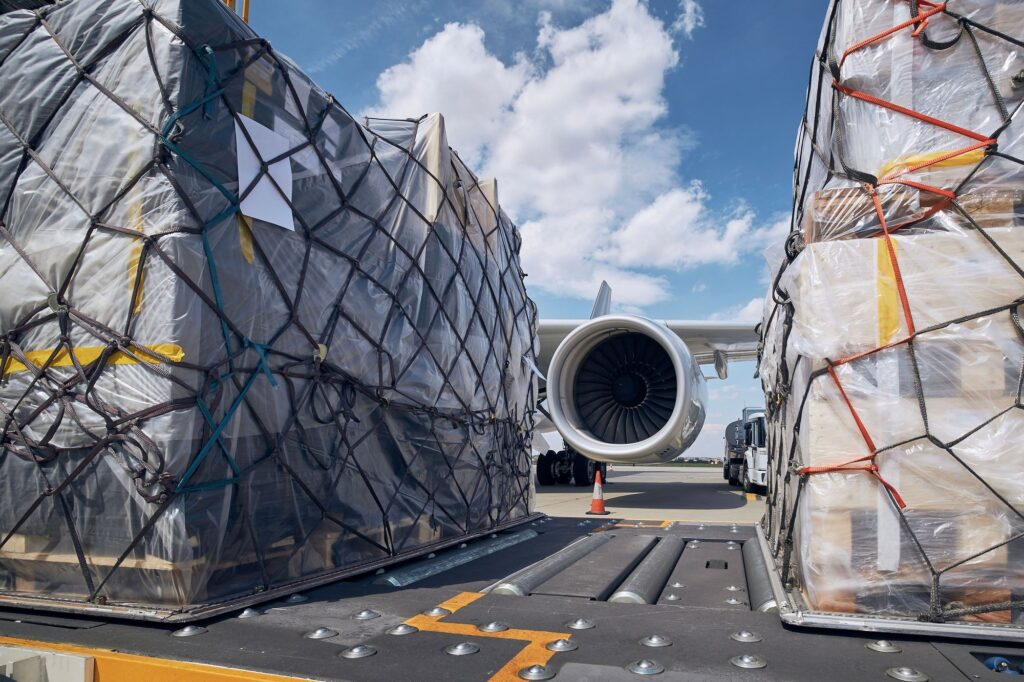Finding the fastest way to ship furniture from China to Europe is essential for importers who value time and reliability. With global supply chains evolving, choosing the right transport mode—air, rail, or sea—can dramatically affect your delivery speed, cost, and overall business efficiency.
Why Speed Matters in Furniture Shipping
Every business in the furniture trade knows how critical delivery time is. Quick shipping means faster stock rotation, improved cash flow, and satisfied customers. Moreover, with rising competition across Europe, a delay of even a few days can impact brand reputation and sales cycles.
To stay competitive, importers must evaluate shipping options not only by price but by transit efficiency and customs performance.
Main Shipping Options from China to Europe
Furniture can be shipped using various methods, each with unique advantages. The table below compares the three primary options used for cross-continental transport.
| Shipping Mode | Transit Time (Days) | Average Cost (USD/m³) | Best For | Pros | Cons |
|---|---|---|---|---|---|
| Air Freight | 5–9 | $5–10 | Urgent or high-value furniture | Fastest, reliable | Expensive, limited volume |
| Rail Freight | 14–20 | $2–4 | Medium shipments | Good balance of speed and cost | Limited route access |
| Sea Freight | 30–45 | $0.8–1.5 | Large or bulky items | Cheapest for volume | Slowest |
Conclusion: For most importers, rail freight offers the best combination of speed and economy when shipping furniture from China to Europe.
Fastest Routes and Major Transport Corridors
The most efficient logistics corridors link China’s industrial hubs to Europe’s key entry ports or rail terminals.
| Route Type | Origin (China) | Destination (Europe) | Average Transit Time |
|---|---|---|---|
| Air Route | Guangzhou → Frankfurt | 6–8 days | |
| Rail Route | Chongqing → Duisburg | 15–18 days | |
| Sea Route | Shanghai → Rotterdam | 32–38 days | |
| Multimodal | Yiwu → Warsaw (Rail + Truck) | 16–20 days |
Pro Tip: Multimodal shipping (rail + truck) can reduce total time by 15% compared to traditional sea freight while maintaining cost efficiency.
Real Case Studies: Furniture Shipping from China to Europe
Case 1 – Air Freight (Shenzhen → Paris):
A luxury furniture brand shipped 2,000 kg of solid wood chairs.
- Mode: Air freight
- Cost: $8,500 total
- Transit Time: 7 days
- Result: 40% faster than expected, enabling early store launch.
Case 2 – Rail Freight (Chengdu → Hamburg):
A B2B importer sent 12 CBM of modular office desks.
- Mode: China–Europe rail
- Cost: $2,400
- Transit Time: 16 days
- Result: 50% cheaper than air freight with predictable delivery.
Customs Requirements and Documentation
Smooth customs clearance can significantly reduce total transit time. For furniture shipments, European customs authorities require specific documentation and safety standards compliance.
Essential documents include:
- Bill of Lading (B/L)
- Commercial Invoice
- Packing List
- Certificate of Origin
- EORI Number (for EU importers)
- CE or REACH compliance certificate
Tip: Declare furniture materials correctly (e.g., wood, metal, textile) under appropriate HS codes to avoid penalties or clearance delays.

How to Speed Up Furniture Shipping from China
Several strategies can cut delivery time without drastically increasing costs:
- Use direct shipping routes: Avoid transshipment via secondary ports.
- Pre-clear customs: Submit import data in advance through electronic systems.
- Work with integrated freight forwarders: Choose companies offering air + rail combo solutions.
- Optimize packaging: Smaller cargo volumes can qualify for priority loading.
- Ship during off-peak months: Avoid congestion between September and December.
Additionally, using rail transport via the China-Europe Express (through Xi’an, Chengdu, or Chongqing) offers speed comparable to air freight at one-third of the cost.
Cost Breakdown for Furniture Shipping
Understanding your expenses helps plan efficient logistics. Below is an average cost structure for shipping furniture from China to Europe.
| Cost Component | Air Freight | Rail Freight | Sea Freight |
|---|---|---|---|
| Freight Rate | High ($5–10/kg) | Medium ($2–4/kg) | Low ($0.8–1.5/kg) |
| Customs Fee | $100–$300 | $100–$300 | $100–$300 |
| Insurance | 0.4% of cargo | 0.3% of cargo | 0.3% of cargo |
| Handling & Delivery | $150–$250 | $120–$200 | $100–$180 |
| Average Total (per m³) | $600–$1,000 | $250–$400 | $80–$150 |
Insight: For shipments under 2 CBM or urgent orders, air freight wins on speed. For regular deliveries, rail remains the most time-efficient balance.
Best Practices for Reliable and Fast Delivery
To ensure consistency in fast furniture shipping from China to Europe:
- Choose reputable freight forwarders with European network coverage.
- Track your cargo using digital tracking systems.
- Confirm delivery schedule and Incoterms before shipment.
- Use pallets and moisture-proof packaging for furniture protection.
- Schedule inland trucking in advance for European delivery.
Remember: Coordinating manufacturing timelines and freight booking together can prevent unnecessary warehouse delays.
Conclusion
Shipping furniture from China to Europe requires balancing speed, cost, and reliability. The fastest way to ship furniture from China to Europe remains air freight, but rail freight now provides a powerful, affordable alternative.
To achieve the best logistics performance, partner with experienced forwarders, prepare your documents in advance, and select the optimal route for your business. Doing so ensures your furniture reaches European markets quickly, safely, and cost-effectively.
- Consult TJ China Freight Forwarding for the lowest quote. They will provide you with reliable, cost-effective service.
FAQs
Q1.What is the fastest way to ship furniture from China to Europe?
Air freight is the fastest option, delivering goods within 5–9 days depending on the departure and destination airports.
Q2.Can rail freight be faster than sea freight for furniture?
Yes, rail freight from China to Europe takes 14–20 days, nearly 40% faster than sea shipping routes.
Q3.What’s the best shipping method for bulky wooden furniture?
For large wooden items, sea or rail freight offers safe handling and better cost efficiency compared to air.
Q4.How much does it cost to ship furniture by air from China?
Air freight costs between $5–10 per kg, varying by size, destination, and seasonal surcharges.
Q5.Are customs charges the same for all European countries?
No, import taxes and VAT differ by destination country, typically ranging from 10% to 20% of item value.




